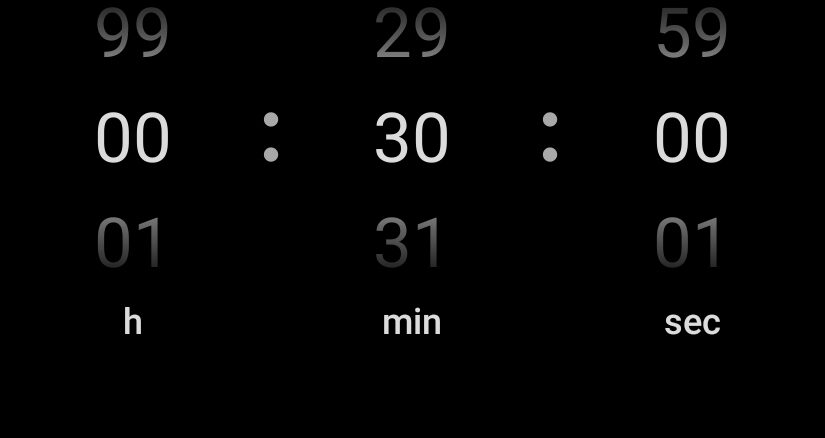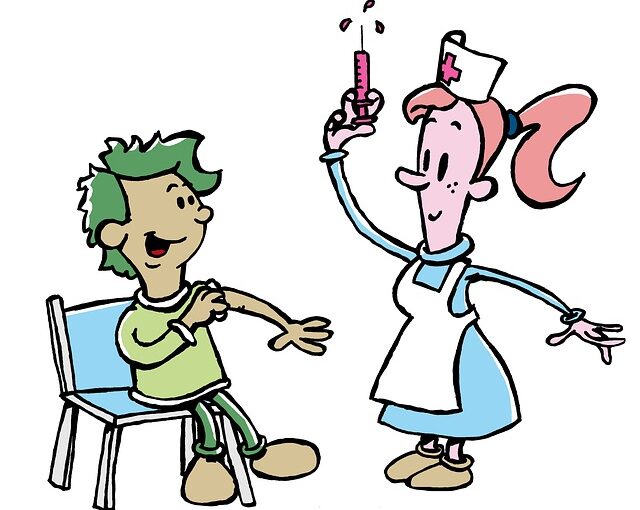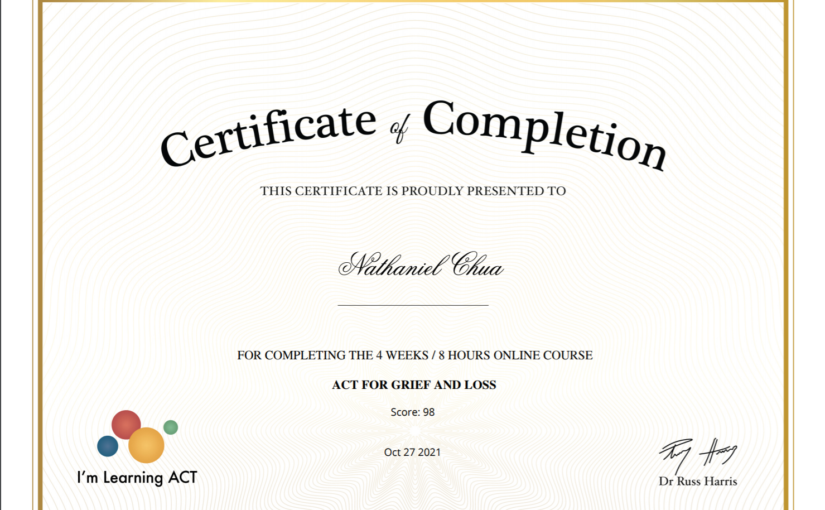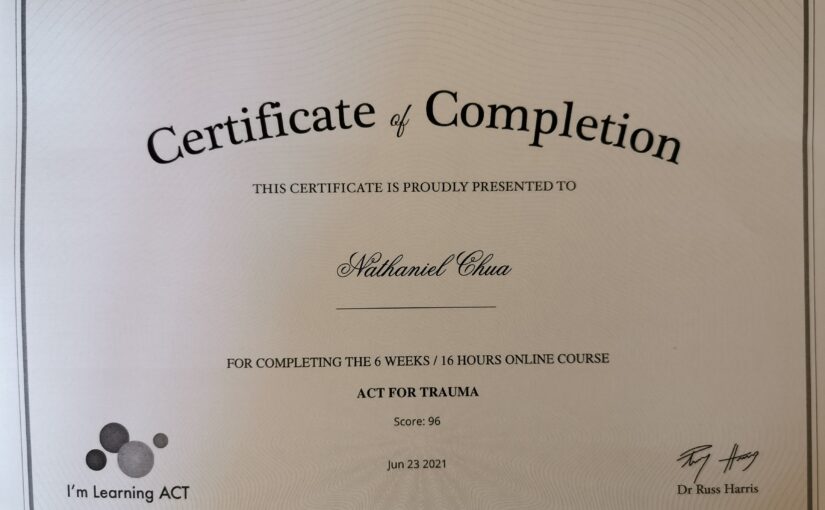by Nathan Chua
I recently came upon an article on my newsfeed that someone had a really bad reaction to the vaccine. I can’t remember if she had either died or gone through some really frightful and horrific struggle to survive. Asked whether she regretted taking the vaccine, she had an interesting response. No.
Now I am not here to talk about every single reason as to why some people are either hesitant or completely opposed to having the shot, but I am here to share with you some way that those of us who are willing to take the vaccine can encourage those who have yet to decide.
First, there is really little use to argue about how safe the vaccine is. We all have that confirmation bias in which we tend to believe what we want to believe. Secondly, it is true that one could die not because of the virus but the vaccine, just as the lady I talked about in the beginning of this blogpost.
So how can we encourage a friend who’s afraid of needles, even more so a needle with a newly-developed drug, to go out there and take something that we can’t really guarantee to be 100 percent safe and effective? What can our knowledge of the human mind tell us about what motivates people to do some things and not others? Well, we can start with knowing how our minds can trick us into believing that some things, like taking a risk to get vaccinated, are beyond our capacity to do. Ever woke up one day with your mind telling you that you’re too tired to get up? Stay a few more minutes, don’t worry you’ll wake up with no time lost for work. Well, you know what comes after. There’s a good chance that you’d end up being late for work or just waking up with just enough time to call in sick.
However, what if we were to say that this urge to stay in bed happened while your bed had just caught fire? Wouldn’t you jump out of it faster than a rabbit being chased by a cat? Or if I were to say that you should get up at exactly six o’clock this morning otherwise I would kidnap your loved one and you’d never see him or her again, would you still follow the rule your mind is giving you that you’re too tired to get up? So if it were important enough, we can certainly break such rules for the sake of saving our own life as well as a loved one.
So what other things can someone tell a vaccine hesitant friend about why it is beneficial to them that they take it? If you look at the example above, it tells you that you and I are capable of doing things out of the ordinary when faced with something that connects us with our values.
Guess what the girl in the article said when asked why she didn’t regret taking the vaccine? She said she was willing to do her part to end the pandemic that cost the lives and livelihoods of billions of people around the world, including her loved ones. As human beings, we are capable of doing things beyond what logic can explain. We are the most successful species on the planet because we cooperate to a degree that not even the ants and bees can match. The more we do things that may not be good for ourselves but good for this and future generations, the more we thrive and extend our existence on this finite planet. It’s part of our evolutionary DNA. They’ve done studies that have found that societies where people are more cooperative end up becoming more successful in promoting social well-being.
Is it true that the vaccine can have lethal side effects? Yes, of course! But it is also true that we are unique in our ability to do things as crazy as sacrificing our own safety to save another human being, our pets, and our planet.
So if you have a friend who is still hesitant to take the vaccine, ask them if deep inside they see that in their own small way, they can be part of a story that ended the pandemic and brought us back to what life used to be regardless of the end results.
You can also ask your friend, “If you had a dear friend or loved one who lived in another country and was very ill, wouldn’t you take the next plane out to have just a few moments with them even if it would cost you some? And by doing so, is there a likelihood, albeit slim, that your plane may crash and you’d die in the process of wanting to say a few last words to this person?” If the answer is, “Yes, you’d go,” then what’s stopping you from getting the shot!
In action movies (and we love them, don’t we?), we’d see the hero fighting the enemy in that one last fateful battle. We’d see the hero lose their weapons one by one and sometimes even get severely wounded by a lethal strike from the enemy, and yet keep fighting on with whatever is left in their arsenal.
The science is still imperfect, but it’s all we have left to fight this pandemic. You and I can ask our hesitant friends, “Like that hero we pay to see in those movies, would you be willing to join in the fight with whatever is left in our arsenal?”










